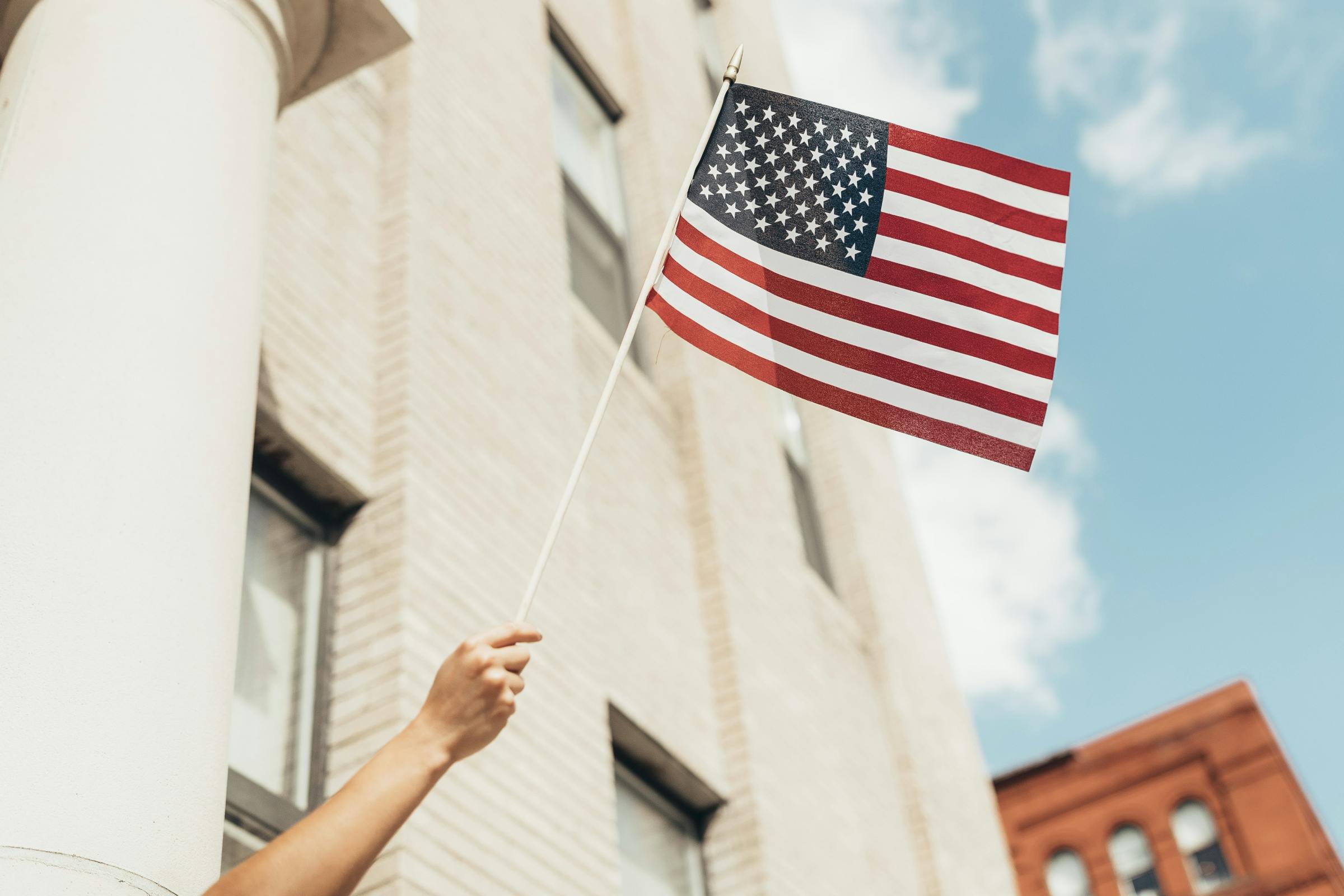The EB-2 NIW I-140 Petition
The EB-2 work visa is designed for any non-US citizen who wishes to live in the US as a permanent resident. To obtain the visa, one must file the I-140 immigrant visa petition. This document gives general permission to its holder to immigrate to the US with their spouse and unmarried children under the age of 21.
The I-140 is used for three types of petitions:
● EB-1: Employment-based immigration, used for permanent workers of extraordinary ability/outstanding professor/multinational executive
● EB-2: Employment-based immigration, used for those with an advanced degree or exceptional ability
● EB-3: Employment-based immigration, used for skilled workers, professionals, and other workers
While these three general categories require a job offer and often come with a long Green Card wait, filing the I-140 alongside an EB-2 National Interest Waiver (NIW) lets you skip these drawbacks. Instead, an NIW, by its very name, waives the need for an employer sponsor if your work is in the national interest.
This is determined by USCIS adjudicators as they compare your petition to the Matter of Dhanasar, an administrative immigration law case that sets the standard for what is considered of national interest.
The Three-Prong Test
Permission to have a job offer waived and to skip the otherwise essential PERM labor certification process, completed through the Department of Labor, is a big deal. There are very few channels to a visa that give an applicant this right.
The PERM is designed to prove that hiring a foreign worker doesn’t take away jobs from other qualified US workers, which is a significant component of the visa immigration system. PERM qualifications are the first step before a job sponsor can petition a potential employer, and it can be expensive and labor-intensive, taking anywhere from six months to one year.
Filing an EB-2 NIW saves this time and expense, as the individual doesn’t need the job sponsor, which eliminates the PERM process. Even if there is a job sponsor involved, if the individual qualifies for a waiver, they can expedite their visa by moving into the NIW category instead of waiting for a general visa.
However, obtaining the waiver requires proving to the US that there is essentially an even trade to be had. The applicant must show that they qualify for the three prongs that must exist for the waiver to benefit the country. These three prongs were first introduced in 2016 in the case known as the Matter of Dhanasar. The intent of the prongs is to focus on the immigrant’s proposed reason for entering the US (endeavor) via an NIW.
Prong 1: Merit and Importance
Before anything else is evaluated, the first prong must be wholly met. This discusses the applicant’s proposed endeavor — their work-related reason for entering the country under a visa. The endeavor must have substantial merit and national importance.
Substantial merit discusses the value and importance of the proposed idea. How will the endeavor help US citizens in general? Importance refers to the impact the work will have on the country as a whole, such as with its overall economy or security measures.
Prong 2: The Applicant’s Position in Their Field
Having a valuable idea that helps the citizens of the US and the country is vital. Yet, if the applicant isn’t in a position to further that endeavor, they may not qualify for the visa. Documentation that proves the petitioner is already set to advance their idea as soon as they get settled in the country is the next prong. Their past achievements, current resources, awards, and references are considered here.
Prong 3: The Balance is Fair
The final determination of whether a National Interest Waiver is approved is the balance. Will the US consider it beneficial to waive the PERM labor certification requirements in exchange for bringing in the foreign worker and receiving access to their proposed endeavor?
This is where the Matter of Dhansar frequently enters the scene in detail. Through this determination, USCIS reviews factors like:
● Whether it would be more practical for the applicant to enter with a job offer or whether this would hinder their goals (for instance, an entrepreneur required to have a job offer would be impractical).
● Whether the work the applicant can provide is critical to the US, even if there are qualified US workers available.
● Whether the work the applicant is offering is time-sensitive and would be delayed by going through the PERM process.
Proving even one of these factors could aid you in swaying the USCIS officials reviewing your petition in your favor.
What’s Next?
Obtaining a National Interest Waiver offers the beneficiary the most control over their employment with the least hassle and wait time. However, it’s vital to submit your petition with the help of an expert in immigration law with success in filing EB-2 NIWs, like our professionals at Visa2US.
If you think your proposed endeavor meets the three-prong test as laid out in the Matter of Dhanasar, contact our office to see how we can guide you through the challenging process of obtaining a National Interest Waiver.














